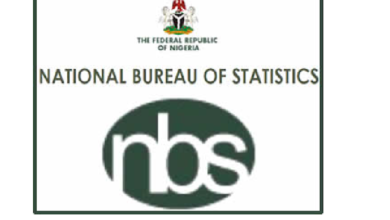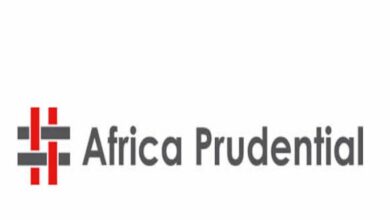How the supplementary budget will affect students, workers and poor households in Nigeria

In a bid to address pressing national issues, the Federal Executive Council (FEC) of Nigeria has approved a supplementary budget of N2.17 trillion for 2023. While it is crucial to note that the budget is still pending approval by the National Assembly, its focus on matters of urgency, such as security, infrastructure, agriculture, and electoral concerns, has garnered significant attention from the public.
Three key items in the supplementary budget—student loans, labor wage awards, and cash transfer payments—are expected to have substantial impacts on the lives of millions of Nigerians, particularly students, workers, and vulnerable households.
Also Read: Budget Bloopers: Unveiling the Comedy of Misplaced Priorities in the 2023 Budget
Student Loan Initiative
One of the standout features of this supplementary budget is the commitment to fund the student loan initiative, which was officially enacted into law by President Bola Tinubu on June 12, 2023. This initiative seeks to simplify access to higher education for Nigerians through interest-free loans provided by the newly established Nigerian Education Bank. It is crucial to note that this initiative is exclusively available to students admitted to public higher education institutions whose individual or family income falls below N500,000 annually.
The loan is designated for tuition fees exclusively and becomes repayable after two years of National Youth Service Corps (NYSC) completion. Repayment will be deducted at the source by employers or remitted by self-employed graduates at a rate of 10% of their monthly income or profit.
To facilitate the implementation of this initiative, N5.5 billion has been allocated in the supplementary budget for the establishment of the Student Loans Board. The board will be led by a retired vice-chancellor from a Nigerian university and include representation from various stakeholders in the education sector. This student loan scheme is anticipated to benefit around 1.5 million students currently enrolled in public higher education institutions, thereby increasing access and affordability to higher education, particularly for those from low-income backgrounds.
Also read: FGN to Borrow up to N400 Billion Per Month in 2023 to Fund Budget Deficit
Labor Wage Awards
After months of negotiations and protests by the Nigeria Labour Congress (NLC), an agreement between the federal government and the labour unions was finally signed on October 2, 2023. The agreement stipulated the payment of N35,000 to around 1.5 million federal government employees for the months of September, October, November, and December, pending the increment of the national minimum wage.
The wage award will be effective from September 1, 2023, and will be funded from the treasury. The supplementary budget has allocated N210 billion for this purpose. This agreement aims to increase the purchasing power of the workers in the public sector, and stimulate economic growth.
Cash Transfer Payments
Part of the federal government’s social protection program, cash transfer payments are designed to alleviate poverty and vulnerability among poor households in Nigeria. This initiative provides unconditional cash transfers of N25,000 monthly to 15 million households.
Funding for this program comes from an $800 million World Bank loan secured by the federal government in October 2023, covering October and November. However, President Tinubu has approved an additional month funded by the federal government itself.
Also read: 2023 Budget to Take Nigeria’s Debt to N77 Trillion
The supplementary budget has set aside N400 billion for these cash transfer payments. These payments are expected to provide relief and support to vulnerable households facing economic hardships in the wake of fuel subsidy removal.
Other Items
In addition to student loan, cash transfers and the labour wage award, the supplementary budget has allocated N605 billion to national defense and security. These funds are earmarked for sustaining the progress made in security and accelerating military and security agency operations in response to the escalating threats of terrorism and banditry in various parts of the country. The allocated funds will cover arms and ammunition procurement, equipment and logistics, personnel training and welfare, and intelligence and surveillance.
Another significant allocation of N200 billion is dedicated to seed, agricultural input supplies, and agricultural implements and infrastructure. These funds aim to support the expansion of food production, addressing food insecurity and inflation. They will be used for distributing improved seeds, fertilizers, pesticides, irrigation facilities, tractors, and other essential farming equipment to farmers across the country.







